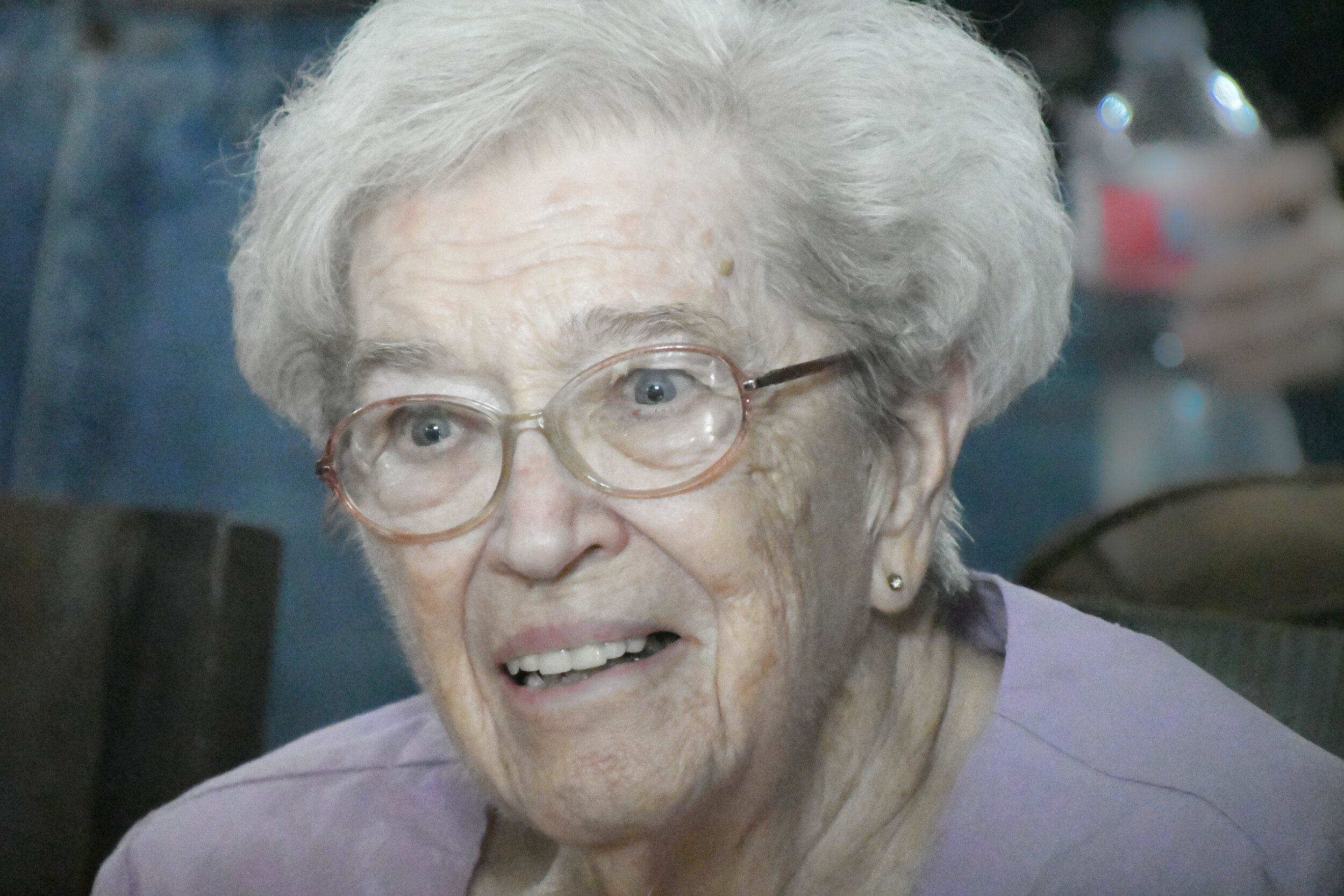At first, he is bewildered.
“Where are the orators? The philosophers? The bustling streets of Rome?” he asks a passing nurse.
But as he stays, he begins watching, listening, learning. Ovid, the master observer of human transformation, realizes that this place—though so different from his world—is not as unfamiliar as he thought. He has seen aging, caregiving, and human resilience before. He knows these stories, even if the setting has changed.
Months later, Ovid is invited to give a TED Talk. The title?
“Aging, Caregiving, and the Poetry of Transformation: A Roman Poet’s View from 2025”
Ovid’s TED Talk: Comparing Ancient Rome & Modern Elder Care
Ovid steps onto the stage, dressed in modern clothing but carrying a scroll for effect. The audience chuckles. He smirks. He knows how to captivate a crowd.
“I come to you from another time—a time where elders did not live in homes of care but in their children's homes. Where the aged were not always respected but sometimes feared, pitied, or forgotten. Where medicine was crude, yet wisdom was revered. And yet, my time and yours are not so different. I have seen both, and today, I wish to share what I have learned.”
He unfurls the scroll, then pauses. “But first, a story.”
Lesson 1: Aging Has Always Been a Transformation
Ovid begins:
“Once, there was a woman named Baucis. She and her husband Philemon lived humbly, growing old together in a small hut. They had no riches, but they had each other. One day, they welcomed two weary travelers into their home, offering them what little they had. The travelers revealed themselves as gods—Jupiter and Mercury. For their kindness, Baucis and Philemon were granted a wish. They asked for only one thing: ‘Let us never be apart, even in death.’ So, when their time came, the gods turned them into two intertwined trees, standing side by side for eternity.”
Ovid looks at the audience.
“Aging is a transformation. In Rome, we told stories of gods turning men into trees, birds, or stars. In your world, the transformation is slower but no less profound. The body weakens. The mind shifts. But love, dignity, and the need for connection remain constant.”
He gestures toward the screen behind him, showing an image of two elderly residents holding hands in a Kansas nursing home.
“We no longer see gods performing miracles. But I have seen caregivers, nurses, and family members performing them every day—through patience, through kindness, through a touch on the hand of someone who no longer remembers their name.”
Lesson 2: The Fate of the Elderly—Then & Now
“In my Rome, elders often lived with their families. Some were revered; others were neglected. The wealthy built grand tombs to be remembered; the poor faded into dust. There were no ‘homes for care’—but that does not mean all aged in comfort.”
He sighs.
“In your world, the elderly are sometimes placed in homes, far from the families they raised. But unlike in Rome, here they are given medicine, therapy, and—when done well—compassionate care. There is loss, yes, but there is also poetry in the moments of presence. I have seen it in Kansas, in the laughter of a nurse bringing music to a quiet room. In the way an old man clutches a childhood photograph, as if holding his own past in his hands.”
A photograph appears on the screen—an elderly woman with Alzheimer’s, smiling as a caregiver helps her paint.
Ovid points to it. “Tell me—how is this different from the gods turning old Baucis into a tree? Transformation is everywhere.”
Lesson 3: Caregiving is the New Epic Poetry
Ovid’s tone changes—more passionate now.
“In my world, poets told grand stories of heroes and warriors. We celebrated strength, conquest, and fame. But I tell you now—there is no greater heroism than caregiving.”
He raises a hand.
“It is easy to slay a monster. It is hard to sit beside someone who does not remember you and still remind them they are loved.”
The screen flashes images of modern caregivers: a CNA gently combing an elderly woman’s hair, a grandson reading to his grandfather, a volunteer holding an old man’s hand.
Ovid smiles.
“If I were writing Metamorphoses today, I would write about these caregivers. I would tell of nurses who lift the frail as if they had godlike strength. Of family members who visit daily, though they are never recognized. Of the transformation that happens—not of gods turning men into trees—but of people becoming more than themselves through service.”
Lesson 4: What We Must Learn From Each Other
Ovid leans forward. His voice softens.
“From your world, I have learned that medicine can extend life, but only love can make it meaningful. That even without memory, dignity remains. That caregivers, though often unseen, are poets of a different kind—crafting beauty not with words, but with kindness.”
He pauses, then smirks.
“And what can you learn from my world? Perhaps this: That aging, though difficult, is not an ending—it is a transformation. That even as the body fades, the soul still grows. And that a life well lived—whether in Rome or Kansas—ends not in silence, but in echoes.”
Closing Words: The Final Transformation
Ovid steps back. The room is silent.
Then, he smiles.
“In Rome, when a great poet died, we believed he became a constellation—a part of the eternal sky. Perhaps the same is true today. Perhaps those we care for, those we grieve, do not disappear, but simply transform into something new—woven into our stories, our memories, our very being.
And if that is true, then no one is ever truly lost.”
The audience rises in applause. Ovid bows, knowing he has done what he does best—turning human experience into poetry.
Final Thoughts: Ovid’s Takeaways on Aging & Caregiving
If Ovid lived in a Kansas nursing home in 2025, he would recognize some of the same struggles and joys of aging from ancient Rome.
Aging is a universal transformation. Whether in myth or reality, aging is not an ending—it is a new form of existence.
Caregiving is poetry in motion. Just as Ovid wove stories of gods and mortals, caregivers weave love into the daily rituals of life.
Dignity transcends memory. The loss of youth or memory does not mean the loss of worth.
Heroism is found in caregiving. True strength is not in war but in patience, love, and service.
We are all part of an eternal story. Whether in Rome or Kansas, what we do echoes beyond our time.
Epilogue: Ovid’s Final Transformation
Ovid remains in Kansas longer than he expected. The TED Talk had been thrilling—a reminder that even in a world so different from his own, he could still move people with words. But something unsettles him.
He is still only an observer.
For all his speeches, he has never washed the face of a tired elder. Never gently fed soup to a shaking hand. Never sat quietly beside someone whose mind had slipped into the past.
So, he decides to stay—not as a poet, but as a caregiver.
Ovid, the Caregiver
The staff at the long-term care home are amused at first. “The poet wants to help?” they chuckle. “We’ll see how long that lasts.”
Ovid does not argue. He simply watches, listens, and learns—as he always has.
He begins with small things. Holding hands. Reading poetry to residents who don’t always understand but seem soothed by his voice. He discovers that poetry exists not just in words but in presence.
One afternoon, he meets Margaret, a 93-year-old woman who used to teach English. She has severe dementia and rarely speaks.
Ovid sits beside her and recites a few lines of his own poetry—words written over 2,000 years ago.
“Omnia mutantur, nihil interit.”
(Everything changes, but nothing is truly lost.)
For a moment, Margaret’s eyes brighten. She doesn’t reply, but she hums softly—a tune from her childhood, perhaps.
Ovid realizes something profound: Even when the mind forgets, something deeper remains. A rhythm. A feeling. A whisper of what once was.
Ovid’s Final Poem: "The Hands That Remain"
One night, unable to sleep, Ovid picks up a pen. He has written of gods, of love, of war. But now, he writes of what he has seen in Kansas.
"The Hands That Remain"
by Ovid (written in 2025, Kansas)
The warrior fades, his sword laid low,
The scholar sleeps, his books let go.
The dancer’s feet grow still in time,
Yet in their hearts, the echoes climb.
The hand that once carved words in stone,
Now shakes, unsteady, yet not alone.
For though the body bends and sways,
The soul within still finds its way.
A touch, a song, a whispered name—
Though years may steal, the hands remain.
For time may shift, and minds may wane,
But love, once given, stays the same.
Ovid’s Final Reflection
Months pass. Ovid begins to wonder—should he stay in this world forever? Or is he meant to return to his own?
One evening, he watches a nurse adjusting the blanket of an old man who has fallen asleep. The gesture is small, almost unnoticed—but in that moment, Ovid understands:
This is poetry. Not in the grand speeches of senators, but in the quiet care given to the frail. Not in the immortal tales of gods, but in the fleeting moments of love between mortals.
If he returns to Rome, he will write differently. He will not only tell of heroes but of caregivers. Not only of youth, but of age. Not only of gods but of the everyday hands that shape the world.
And so, Ovid—the poet of transformation—experiences his own.
Perhaps he will return to his time.
Perhaps he already has.
But somewhere, in the halls of a Kansas nursing home, a poem remains—whispered by the wind, carried by the hands that never let go.
Final Thoughts: What Ovid Would Take Back to Rome
If Ovid returns to his own time, his poetry will be forever changed.
He will write of age, not just youth.
He will honor caregivers, not just warriors.
He will understand that love, in its smallest acts, is as powerful as the gods themselves.
And if he stays in Kansas?
Then perhaps, one day, an elderly resident will tell a young visitor:
"There was once a man here who spoke like a poet. He read to us, he held our hands, he listened. They said he was from another time. But I think… he was exactly where he was meant to be.
Because transformation never ends.
Final Thought: What Did Ovid Bring Back?
A new definition of heroism. Rome worshipped warriors; Ovid now honors caregivers.
A new way to see aging. Not as decline, but as an act of becoming.
A new kind of poetry. One that celebrates the unseen, the quiet, the deeply human.
A bridge between past and future. His poetry ensures that Kansas and Rome are forever connected in words.
A legacy that outlives time. His journey was never just about Kansas or Rome—it was about what it means to be human.





